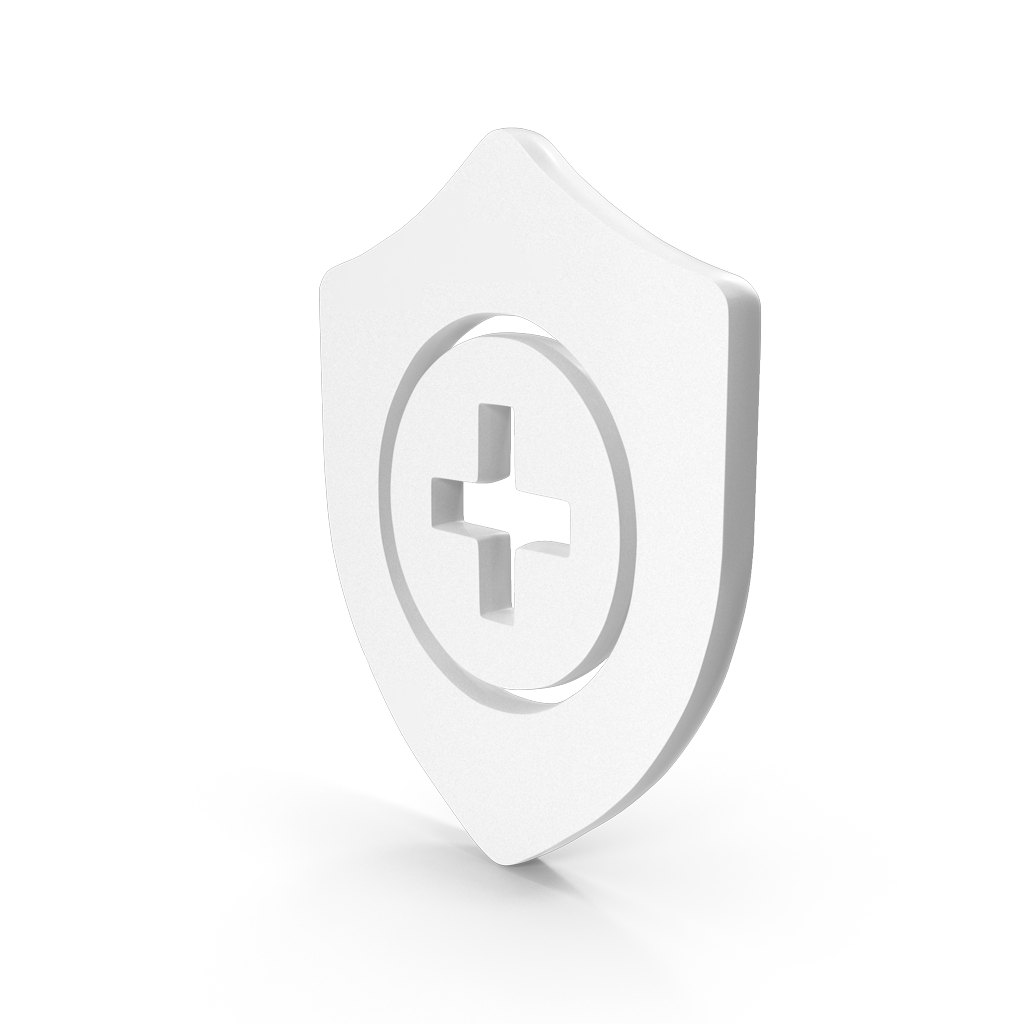In the pursuit of optimal health and well-being, many of us find ourselves in a situation of supplement overload. Whether it is in the form of information consumption or product consumption, we are told that electrolytes will help our muscles, ginkgo will support our brains, vitamin C will boost our immune system, and the list goes on and on. Before we know it, we’ve spent hundreds if not thousands of dollars, our cabinets are overflowing, and we are left feeling indifferent about the state of our health. Here’s what you need to know!
- Supplements are not unanimously safe and/or effective. Starting any supplement should only be done after consulting with your personal medical doctor who knows the intricacies of your individual health status. The state of your kidneys, your liver function, and the unique combination of medications that you may be on are vital to understand before considering any supplement. Some supplements can worsen certain underlying conditions that you may not be aware of.
- Supplements are not regulated. Finding high-quality supplements with the adequate amount of active ingredients takes intentionality. In collaboration with your medical doctor, look for supplements made with Good Manufacturing Practices and that are third-party tested.
- Even high-quality vitamins/supplements with overwhelming data to support their efficacy can be harmful in the wrong doses. A good example of this is vitamin D; it is fat-soluble, and excess amounts can be detrimental to your health. Too low of an amount can lead to countless diseases. Monitoring your levels with a medical doctor is important for maintaining optimal levels that contribute to good health.
- Most supplements are not necessary for excellent health despite the messages of many wellness practitioners. Partnering with your medical doctor to individualize your care and identify the precise vitamins/minerals/supplements can not only improve your sense of well-being but can also literally save your life!


